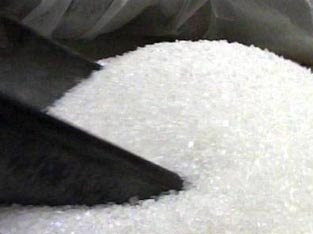
Yesterday, the Australian Senate passed a carbon tax - The Clean Energy Act will force the country’s 500 worst-polluting companies to pay a tax on their carbon emissions from 1 July next year. The government has set the initial price per tonne of carbon at A$23 ($23.80; £14.80), much higher than other similar schemes such as in the EU where the price is between $8.70 and $12.60 a tonne. - The country’s mining firms, airlines, steel makers and energy firms are among those expected to be hardest hit by the tax.
Domestic fuel bills are expected to rise as companies pass on the costs to consumers.
Opposition parties have argued that the tax would cause job losses and raise the cost of living.
But the government hopes that the legislation will force innovation in renewable energy supplies, and free Australia from its reliance on fossil fuels.
Read the article http://www.bbc.co.uk/news/world-asia-15632160
Answer the following Questions
What is meant by negative externalities? [2 marks]
With the help of a diagram, explain how Australian firms might create negative externality.[4 marks]
With the help of a diagram, show the impact of putting carbon tax on the polluting firms. [4 marks]
Using information from the text/data and your knowledge of economics, evaluate the decision of the Australian senate to impose carbon tax on the polluting firms.[8 marks]



